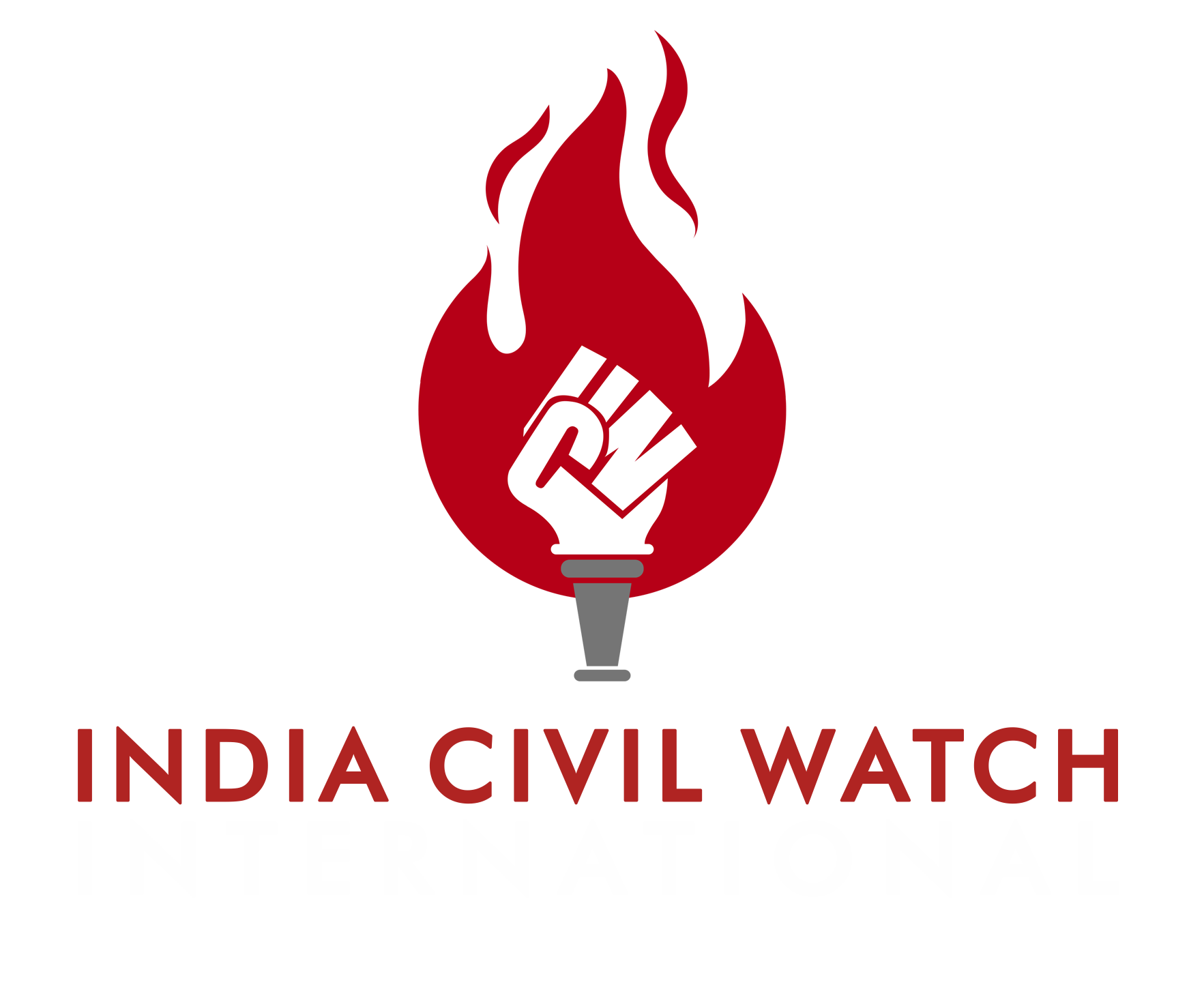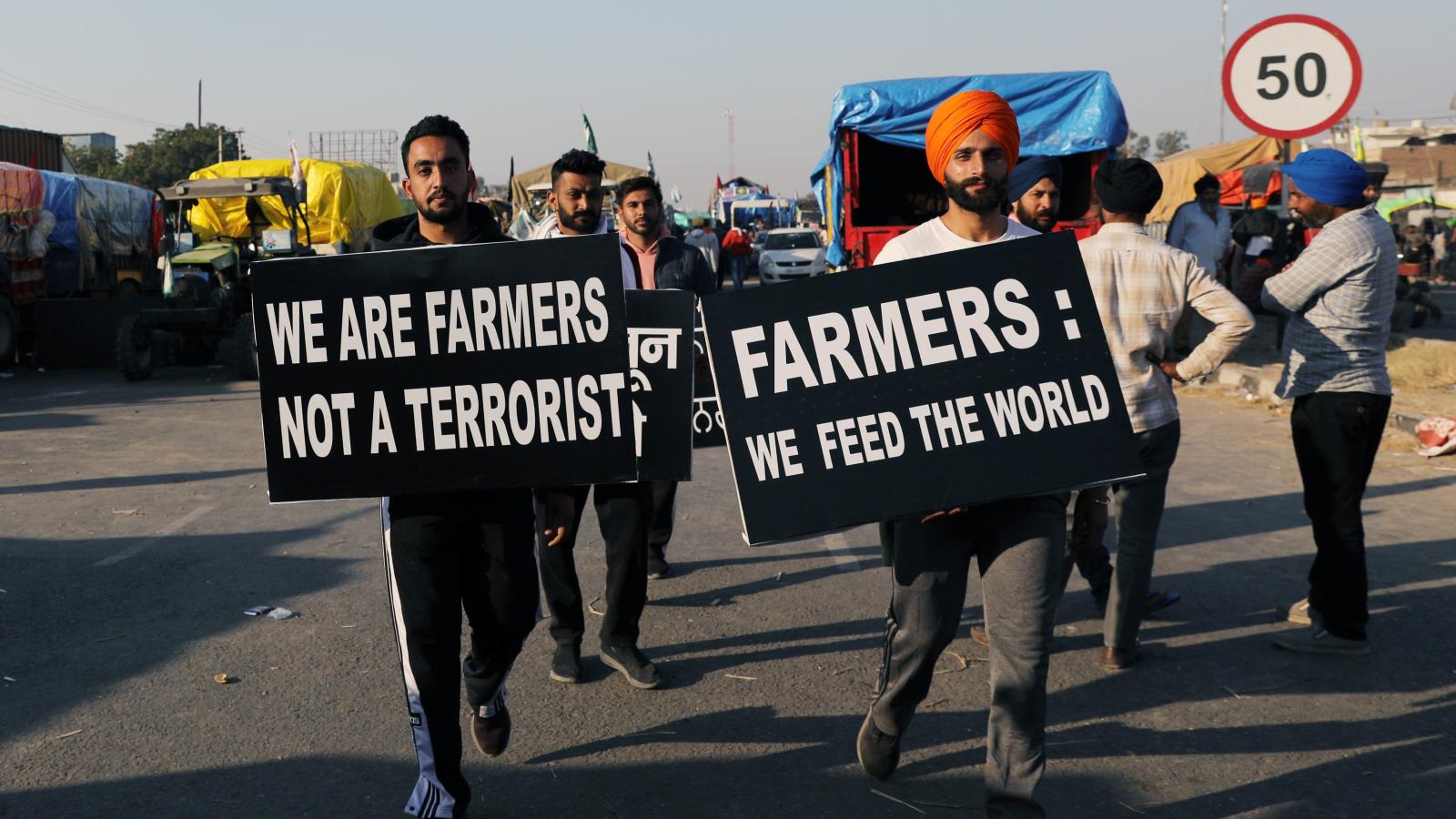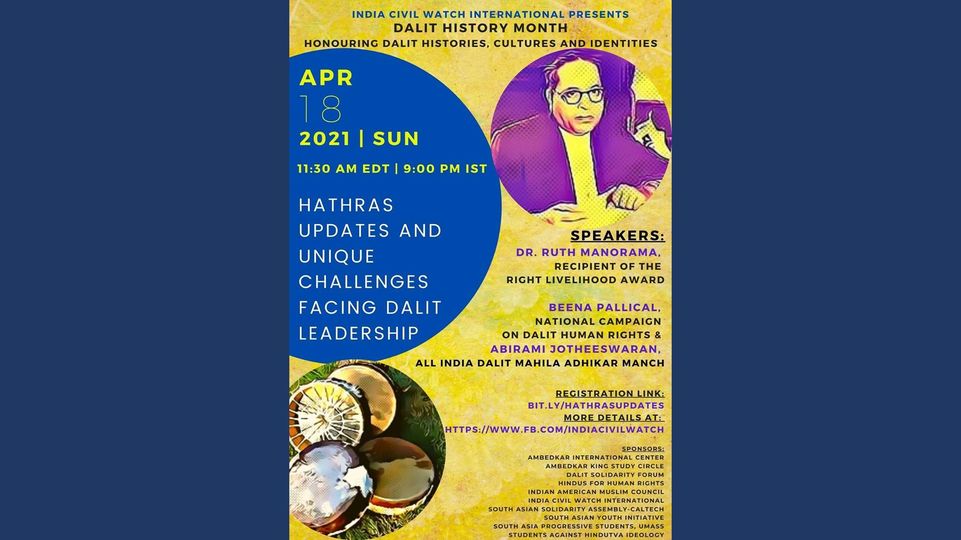[vc_row][vc_column][vc_column_text text_larger=”no”]
12 Noon to 1:30 PM Montreal/NY time
1 PM to 2:30 PM Brasilia time
5 PM to 6:30 PM Tunis time
9:30 PM to 11 PM New Delhi time
Register here:
https://us02web.zoom.us/webinar/register/WN_Bb8MvLjuS3W4wZgb8FSxjQ
Panelists:
Habib Ayeb, Director, Observatory of Food Sovereignty and Environment, Tunisia
Ayala Ferreira, National Coordinator, MST, Brazil
Navsharan Singh, Political Economist and Human Rights activist, India
While the COVID-19 pandemic has exposed the fragility of the food supply chain and the consequences of
ecological crises, peasant populations continue to bear the brunt of an economic system that threatens their
survival and destroys the environment.
In Brazil, since the beginning of his term, Bolsonaro has paralyzed agrarian reform, unleashed the regularization of
land grabs for the agribusiness industry, and criminalized environmentalists and the landless peasant movement.
In India, in September 2020, three new agricultural laws passed by parliament in the midst of a pandemic began
an aggressive deregulation of the food and agriculture system in a country where 14% of the population is already
undernourished and dependent on state-guaranteed price protection.
In Tunisia, faced with the failure of the state to manage the health crisis, the peasant movements of Ouled Jaballah
and Jemna are mobilizing against corruption and the agricultural production model and are radically raising the
question of the redistribution of wealth.
Against a backdrop of pandemic, misinformation and authoritarianism, the unbridled liberalization of the
agricultural sector is seriously affecting peasant populations and poses a real danger to the food security, health
and environment of millions of people across the globe.
At the same time, from Brazil to India, peasant struggles are growing and joining with other movements to
overthrow right-wing governments and the systems they defend. Faced with the crisis of neoliberalism, these
movements are putting the question of agriculture, rights and ecology back at the heart of the public debate and
are looking to the future.
This webinar seeks to present the diversity of the struggles of farmers of the global South, to underline points of
convergence and to germinate networks of extended solidarity where collective actions for social and ecological
justice can be built.
[/vc_column_text][/vc_column][/vc_row]


